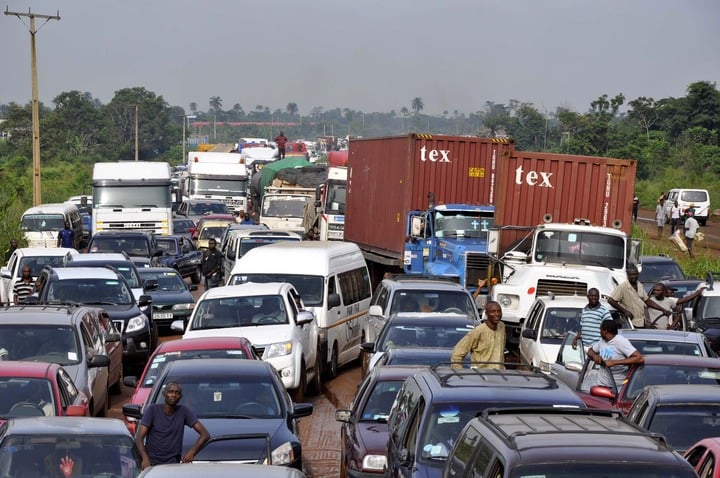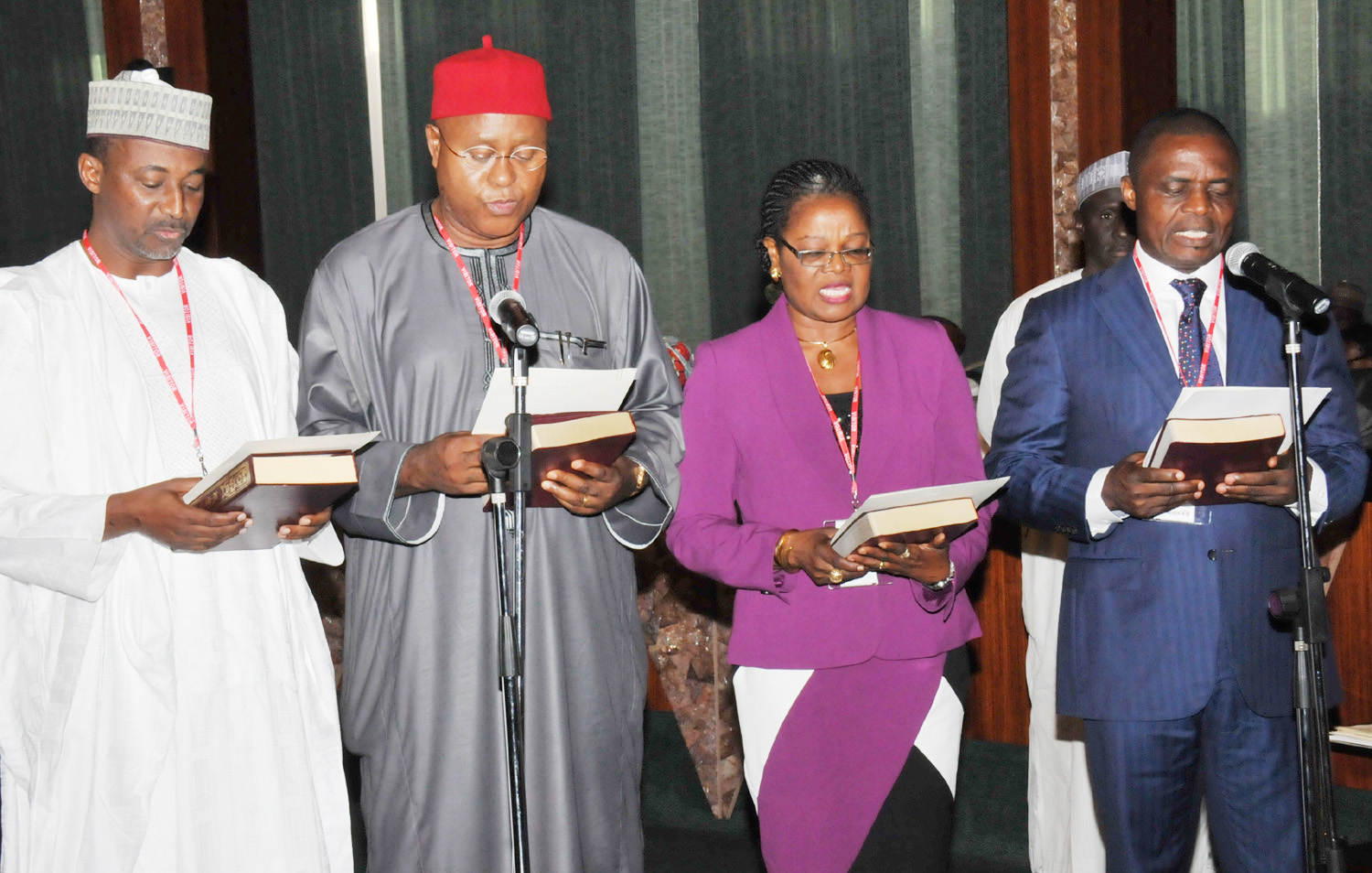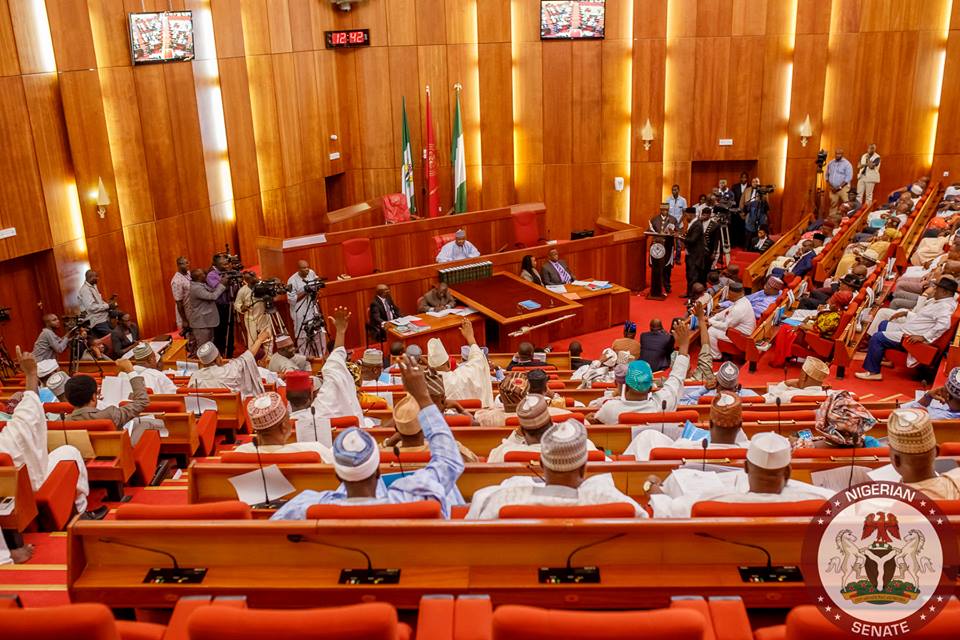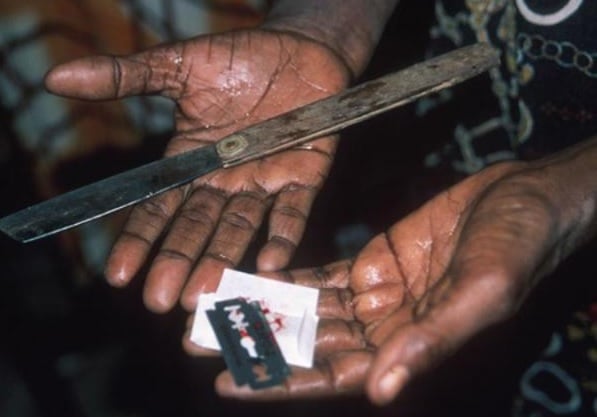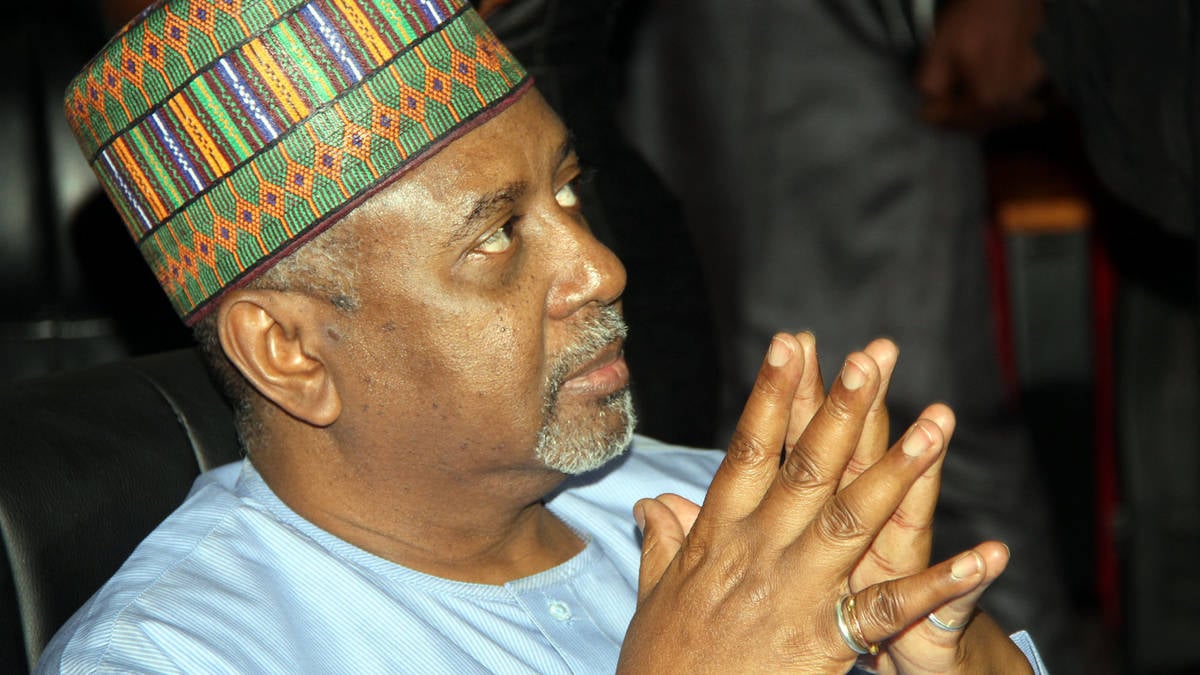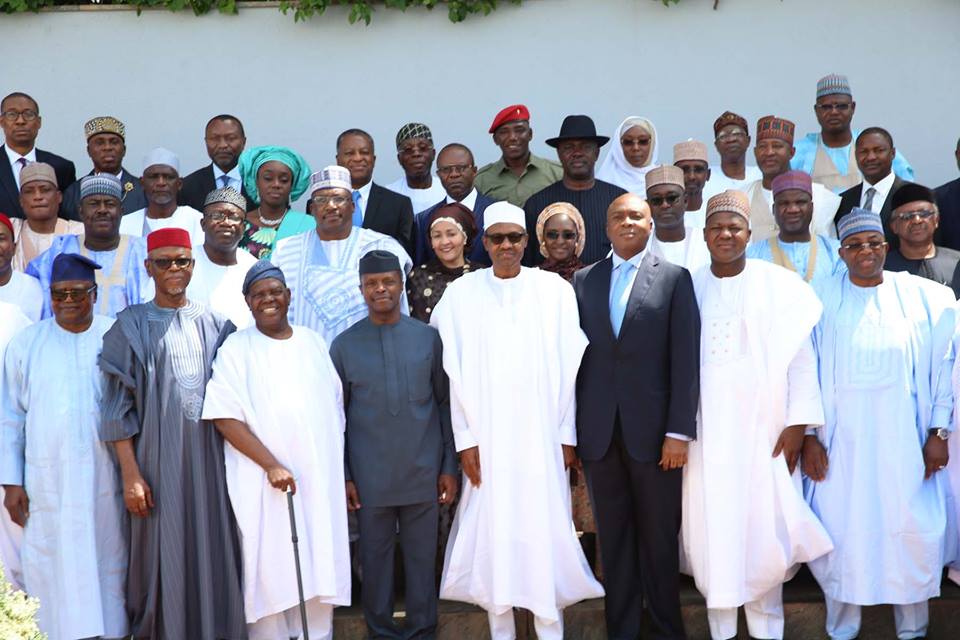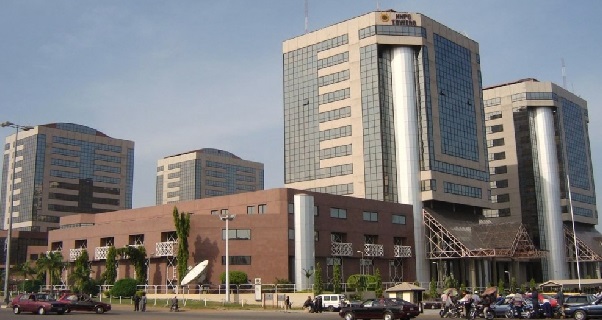Where Vultures Feast is a 2003 book written by Ike Okonta and Oronto Douglas. The duo sought to expose the backroom manipulations of Shell in the rape of Ogoniland.
This week, when the voice of Kenule-Sarowiwa was heard again across the globe, twenty years after he was executed violently by the General Sani Abacha regime, my mind simply went back to the book. Despite the intervention made by Okonta and Douglas, the questions remain.
The Lagos-Ibadan Expressway has been one other place where vultures also feast. With billions of naira sunk into the reconstruction of the road already, staggering death statistics and terrible traffic continue to be the major headlines around this one important dual carriage way that is the heart of Nigeria.
This is one area the new Minister of Works, Babatunde Fashola, must pay quick attention to review the work done and ascertain whether due diligence was followed in awarding the contract. This is important because there appears to be multiple claimants to the reconstruction with unending figures of funds needed to finish the work.
Advertisement
The historical fact of the road has not changed. In August 1978 former President Olusegun Obasanjo as a military head of state unveiled the Lagos-Ibadan Expressway as a legacy project. A 128km long, the road connects Lagos to the north running through the metropolitan city of Ibadan with bypasses here and there. It is the oldest in the country; the main access road to Lagos, Nigeria’s business capital; and the busiest inter-state road. Large volumes of traffic, particularly heavy trucks, along with weather and environmental factors have combined to deteriorate Lagos-Ibadan Expressway over the years. The obvious lack of attention to it more than 30 years after it was built naturally worsened the situation of the road that subsequently became a graveyard for young and old citizens.
It was left to rot, such that even Obasanjo didn’t care to look in its direction during his second shot at presidency. To be sure, no allocation was made for the road by the federal government during the entire tenure of former President Olusegun Obasanjo between 1999 and 2007.
But after citizens’ rage, the late President Musa Yar’Adua handed over the construction of the road to a concessionaire, the Bi-Courtney Highway Services Limited. That brought some relief. But political grandstanding and powerful interest will not let Nigerians escape the death trap too soon.
Advertisement
Though, Bi-Courtney had impressed Nigerians with the road design conceptualised as a six-lane highway from Lagos to Shagamu and eight-lane highway from Shagamu to Ibadan, which will have 14 new overhead bridges and by-passes as well as hotels, relaxation parks and other facilities, the design remained in the book.
In a decision of a night, the Goodluck Jonathan government surprised the country with the termination of the concession agreement reached with Bi-Courtney and immediately told Nigerians that Julius Berger and Reynolds Construction Company had been mobilised to deliver the job to deadline. So far, the two companies have failed to deliver the job to deadline.
The challenges of Lagos-Ibadan Expressway are multifaced. It is one road where vultures feast. On this road we have lost lives and capital. This year alone, the number of fatal accidents on the road has made no sense of the happiness and change of quality of family lives associated with owning a vehicle. The other face is lack of government openness around the road project.
In 2013, when former President Jonathan performed the groundbreaking ceremony for the reconstruction of the road under new contract, he told Nigerians that the federal government has put adequate funding arrangement for the reconstruction and expansion of the road at the estimated cost of N167 billion.
Advertisement
That figure was higher than the N100 billion estimated cost that Bi-Courtney had in mind for the road reconstruction. The other side of the story is that Nigerians were not given more details on the project other than the name of the construction companies and how the work will be shared. The government clearly told Nigerians that no concessioner was involved, but a direct deal with the two construction companies.
But last week, Motorway Assets Limited (MAL), reportedly came out to claim ownership of the concession. According to reports, MAL was in the final stages of negotiation with lenders to raise N150billion for the second tranche of funds to complete the project.
The federal government had provided the initial N50billion in the first tranche following the revocation of the initial 25-year concession agreement with Bi-Courtney Highway Services Ltd on November 19, 2012. Another N23million has been voted in the 2014 Budget for the hiring of consultants on Private Public Partnership (PPP) scheme.
Now, the sudden emergence of MAL is raising dust. Those in the known have called it a violation of PPP laws and laid down procedures. And where there’s weak process in this kind of arrangement, things are bound to slow down as currently being experienced.
Advertisement
As expected for openness, the project ought to have been advertised for competitive bidding by the Infrastructure Concession Regulatory Commission (ICRC), I doubt if that was done.
The Ministry of Works had largely been blamed for the failure of the initial concession arrangement that was terminated by the federal government. The ICRC and the Bureau of Public Procurement (BPP) stated this at various times, indicating that Bi-Courtney that was on the road earlier was a victim of the bureaucratic bottlenecks created by officials of the Ministry, who exploited certain clauses in the concession agreement to frustrate the concessionaire. It took two years for the final design to be approved.
Advertisement
In a report submitted to the former President ICRC had said that the Bi-Courtney arrangement failed largely, because the government did not play its part well as a partner in the PPP enterprise.
Now, the new government has the onerous task of changing things quickly to make life bearable for motorists on the road, but there’s certainly the need to review the book to take out the vultures.
Advertisement
This article first appeared in THISDAY
Advertisement

